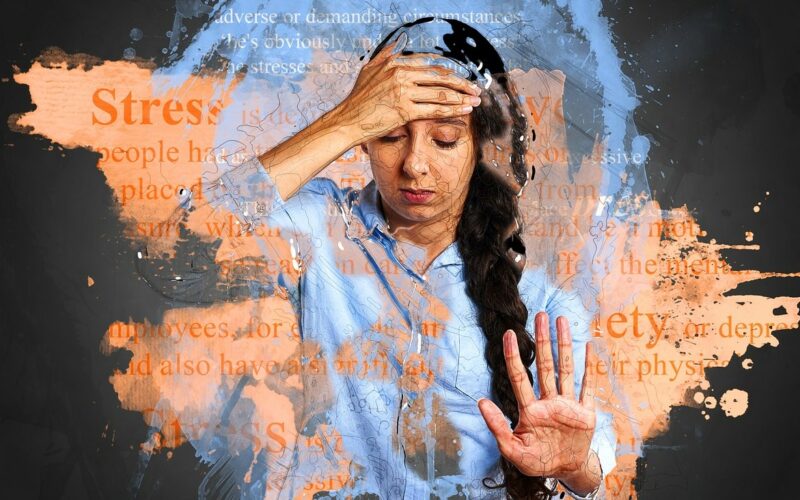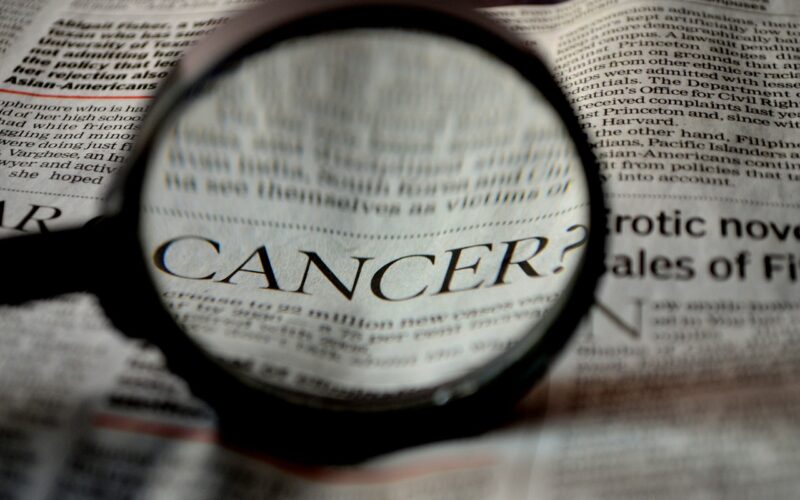Excessive and prolonged alcohol consumption can have devastating effects on the body. Increased consumption habits and shifting mindsets in recent years have ignited a desire for change among alcohol drinkers for various reasons.
While the negative impacts of prolonged and excessive alcohol use are often discussed, the positives of quitting aren’t as widely addressed. Here are some noteworthy changes you’ll see in your body after you quit drinking— for the better.
You May Experience Withdrawal
Before highlighting the positive impacts, it’s essential to understand what could happen in the initial days after drinking. If you’ve been drinking excessively for a prolonged period, you may experience withdrawal. Generally, the withdrawal effects are exacerbated by the frequency and amount of your consumption.
Withdrawal symptoms could include:
- cravings
- shakiness or tremors
- low energy or exhaustion
- moodiness
- sleep disruptions
- heartbeat irregularities
- vomiting
If you’re a heavy drinker, 3-4 drinks on any day or more than 7-14 drinks per week, you’re at risk of severe withdrawal side effects and should seek medical treatment. Reach out to a local support group or treatment center before attempting to quit. For more information, click here.
You’ll Start Sleeping Better
Withdrawal symptoms can last anywhere from 24 hours to a week. After this point, people notice an improvement in their sleep quality. Better sleep is one of the first positive changes caused by quitting alcohol.

There’s a common misconception that drinking helps us sleep better. Like many myths, this one is rooted in the truth. Alcohol has a sedative effect which helps many people feel tired and fall asleep.
As such, many insomniacs turn to alcohol as a coping mechanism (this often leads to misuse). In reality, alcohol causes significant disruptions to natural sleep patterns and circadian rhythms.
Being unconscious is not the same as achieving deep, restorative sleep. Low amounts of alcohol (1-2 drinks) reduce sleep quality by over 9%. As consumption increases, so does the disruption.
Sleep plays an integral role in everything from immune function to hormonal regulation. Getting enough sleep is reason enough to stop drinking.
You May Gain or Lose Weight
Heavy drinkers often experience weight gain from the calorie content of their chosen alcohol. Obesity rates are 70% higher among heavy drinkers compared to other groups. You may notice weight loss within two weeks of quitting drinking, especially as your sleep patterns start to regulate.
Conversely, you may experience healthy weight gain after you quit drinking. Many heavy drinkers have severe metabolic damage. People with long-term alcohol use disorders are often frail and lean.
While society (wrongly) associates low body weight with health, the opposite can be true. Alcohol can disrupt hunger signals, create a sense of fullness, and create inflammation. Many heavy drinkers subconsciously prioritize alcohol over food, leading to a life-threatening condition called Alcoholic Ketoacidosis.
Weight gain isn’t always a bad thing. You may notice your body fill out and look healthier after you quit drinking.
Your Blood Pressure Will Improve
There’s a close relationship between alcohol consumption and cardiovascular disease. Many heavy drinkers struggle with high blood pressure. Quitting alcohol can cause a notable decrease in alcohol-related blood pressure within three weeks of quitting.
Your Skin Will Improve
While physical appearance shouldn’t be the motivating factor for cutting alcohol, it’s a bonus. Alcohol has a natural dehydrating effect, reducing nourishment and elasticity in the skin.

Combined with the potential for malnourishment, increased sugar intake, and poor sleep, drinking is bad for the skin. You’ll likely notice an improvement in your skin tone and texture within one month of going alcohol-free.
Your Cancer Risk Will Decrease
It’s well known that alcohol consumption increases the risk of developing cancer. The good news is that alcohol cessation helps decrease the risk. The bad news is that it doesn’t happen overnight.
Unlike smoking cessation, it can take years to undo the cancer-related damage caused by alcohol. Experts estimate that you’ll experience a reduction in risk of about 2% per year, though the risks of certain types of cancer will never reach the levels of a non-drinker.
This information does highlight an important consideration: it’s better to stop sooner rather than later.
Final Thoughts
Quitting alcohol can be incredibly challenging. If you find yourself struggling or experiencing withdrawal symptoms, reach out for professional support. The changes to your mental, physical, and financial health are worth it.
We have listed the best CBD oil for cardiovascular disease & latest info on our next article. You might want to read it for more information.
Barbra Maranda
Latest posts by Barbra Maranda (see all)
- 6 Study Tips For College Students - March 27, 2024
- Benefits Of A Smoke-Free Home - March 13, 2024
- Cyberbullying Affects Teens More Than You Know - March 9, 2024





Quitting alcohol can be incredibly challenging but we should quit alcohol as it is a proven risk factor for heart disease, as it has been linked to a decreased ability to remove blood from your arteries. As a result, your risk for heart disease increases.
Thankyou for sharing valuable information.